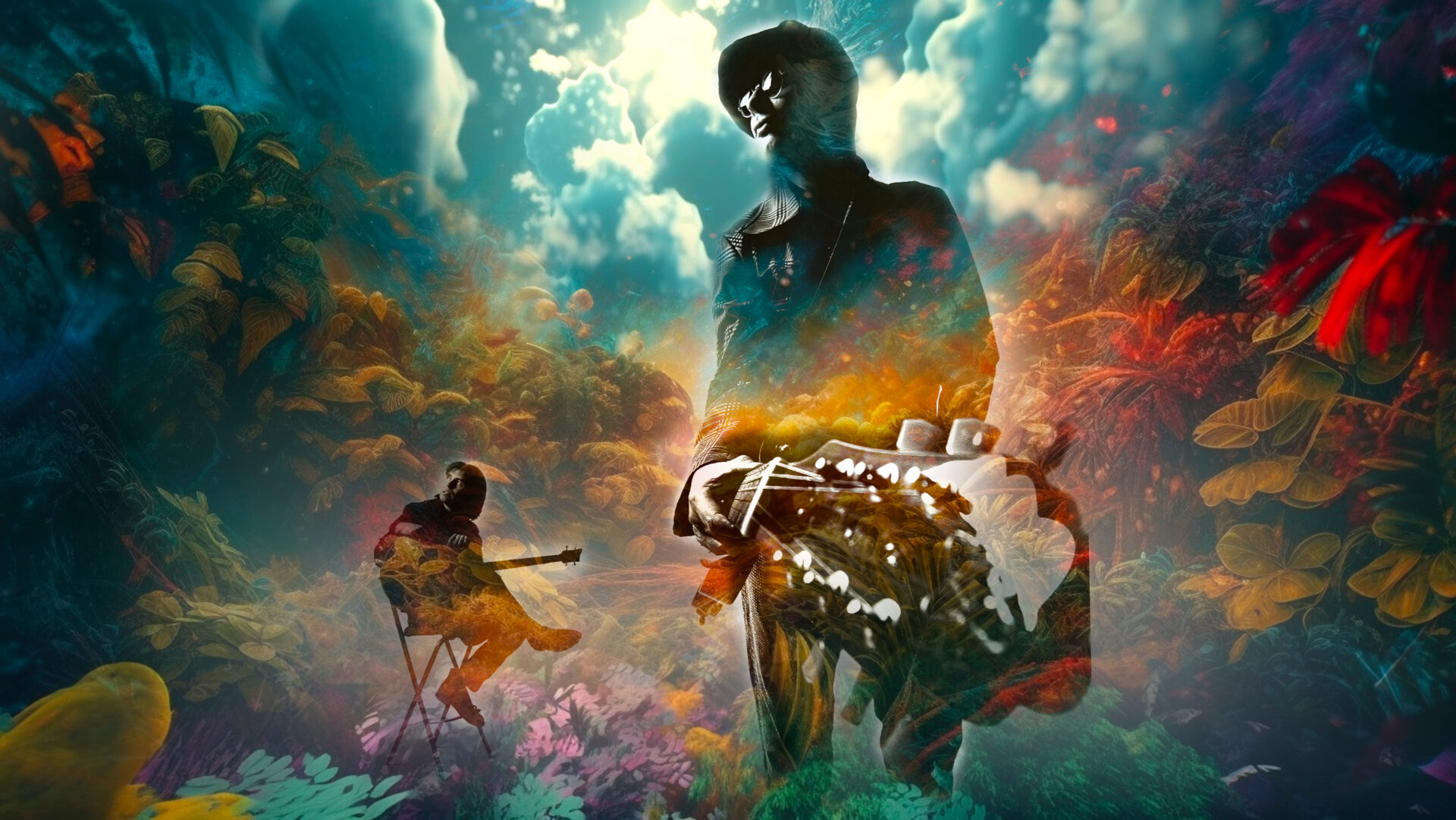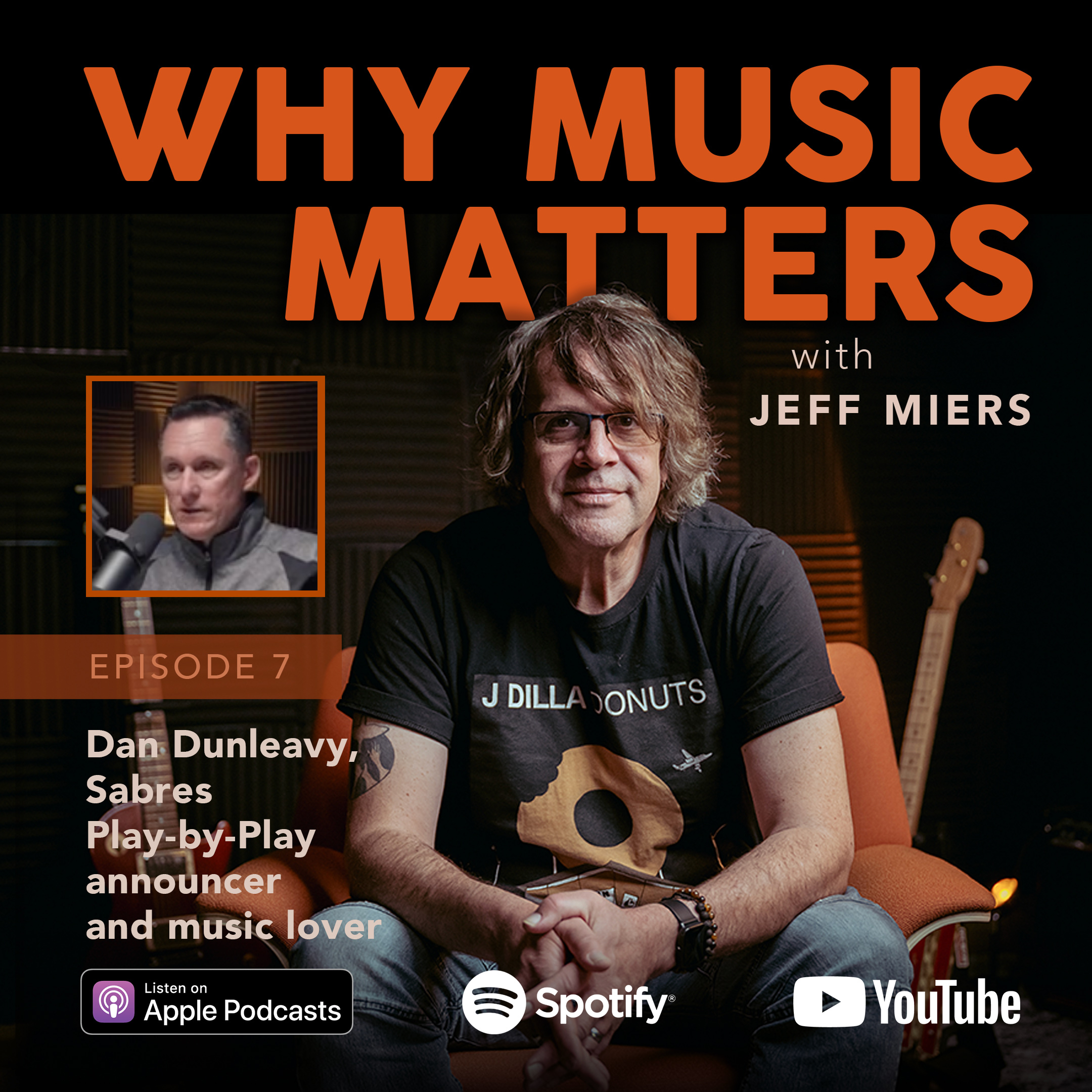I’m prone to listening jags. Serious ones. The tend to last several weeks. They run deep. And the deeper they run, the more likely they are to recur.
These obsessive deep dives into an artist’s work, catalog, and cosmology can be triggered by various factors. Sometimes it’s a simple memory jog – hearing a particular tune or sound employed during a film might send me back toward the warm lull of nostalgia, or forward into the alluring glow of a new musical love. Immersing myself in an artist’s autobiography (or a legitimate biography) has been the prime mover on many occasions. A documentary on the artist or band in question has also been known to do the trick.
And there have been rare occasions when a combination of all of the above conspired to nudge me toward the rabbit hole, whereupon I willingly dove headlong into that sweet abyss.
This was the case with my most recent listening jag. I read the musical biography. I watched the documentary. And then it was off to the races, on a month-long run during which I only grudgingly listened to anything not recorded by, or related to, the artist in question.
My wife, my neighbors, anyone who’s visited over the past several weeks – all have been subjected to the music of XTC, an oft- and unduly- overlooked band that emerged during the initial era of English punk and then evolved into a progressive pop ensemble whose only true peers are Revolver-forward Beatles and Pet Sounds-era Beach Boys. I realize that’s quite a mouthful of outrageous proclamation, but it’s one I will proudly chew on.
By way of background, XTC formed in Swindon, Wiltshire, England, in the early 70s, initially as the Helium Kidz, an outfit performing glam-inspired avant-pop tunes with an edginess that would soon be identified as the core of punk. By 1976, the band – founders and songwriters Andy Partridge (guitar/vocals) and Colin Moulding (bass/vocals), drummer Terry Chambers and keyboardist Barry Andrews – had become XTC, and thanks to the endorsement of legendary BBC DJ John Peel, a deal with Virgin Records followed.
Virgin were likely hoping that they’d signed a band that might capitalize on the explosion of UK punk. Partridge responded with a hyper-intelligent and eminently tuneful blend of rock, ska and, err, the Monkees, called “This is Pop.” XTC had energy and sharp edges, but the band had no desire to kowtow to the overtly strident poses of punk, and their first two albums (“White Music” and “Go 2,” both released in 1978) sound an awful lot like Partridge’s own retrospective description of them – “Captain Beefheart meets the Archies.” Both albums are fascinating and still hold up as initial declarations of what would soon become a full-blown musical iconoclasm.
When multi-instrumentalist Dave Gregory took over the spot vacated by Andrews, who left to form the League of Gentlemen with King Crimson’s Robert Fripp, the XTC that would make several of the most vibrant albums of the 80s and 90s was born. Drums and Wires arrived near the end of 1979, and with it, a sophistication of composition married to an insanely in-your-face drum sound the band concocted with the help of producer Steve Lillywhite and engineer High Padgham. (Within a few years, Padgham would be fine-tuning that drum sound on hugely influential records by Peter Gabriel and Phil Collins, among others.)
From this point forward, XTC moved from artistic victory to artistic victory with apparent ease, each album expanding on breakthroughs made by its predecessor. Black Sea deepened the percussive onslaught of Drums and Wires; English Settlement was XTC’s first double-album, and married elements of pastoralism to the band’s rock, pop, ska and dub obsessions, yielding a few hits, including the nascent MTV staple “Senses Working Overtime.”
This is where XTC could’ve become a major commercial force. They’d just completed a major arena tour opening for the Police, English Settlement was a hit, and a high-profile US tour was on the docket. Alas, an untreated anxiety disorder was about to sideline Partridge. Brutal touring schedules had led to exhaustion, panic attacks, and an inability to cope with the pressure. On the eve of a sold-out 1982 gig at the Hollywood Palladium, Partridge told his bandmates he was incapable of continuing, and flew home to Swindon. XTC would never tour again.
This was far from the end for the band, though. Just as the Beatles created their most imaginative and finely detailed work after they ceased performing as a live ensemble, Partridge, Moulding and Gregory – Chambers was not pleased about the whole “no more touring” thing, and ended up bailing during the recording of 1982’s Mummer, the follow-up to English Settlement – simply exploded with creative energy, turning the recording studio into a playground and setting their increasingly brilliant, multi-hued and sophisticated songs free to romp about in it.
From this point through to the band’s demise in 2000, XTC released some of the most deliriously creative albums of their (or any other) era. There were no missteps. The genre-defying, muscular melodicism of The Big Express, the Todd Rundgren-produced masterwork Skylarking, the embarrassment of pop riches that is Oranges & Lemons, the simply flawless Nonsuch – all found Partridge and Moulding deepening their craft as composers, while Gregory indulged his gift for part-writing on guitar and keyboards and contributed crucial overall song arrangement and production ideas. When Gregory withdrew in the midst of sessions for 1997’s Apple Venus Vol. 1, Partridge and Moulding continued, completing the largely orchestral masterpiece and its more rock-oriented follow-up, Wasp Star (Apple Venus Vol 2) as a duo. The undeniable brilliance of these records did not translate to much in the way of commercial success. XTC ended its life as a cult band, one touted by many far more popular artists as a massive influence and personal favorite.
Happening upon the Charlie Thomas and Roger Penny documentary XTC – This is Pop on YouTube and watching it for the first time since its 2017 release and initial run on Showtime kicked off this recent XTC jag for me. By the time that documentary was released, I’d already been a huge fan of the band for nearly 30 years, but the film offered keen insight into Partridge’s incredibly fertile imagination – “child-like,” in the best sense of that description – that I fell in love all over again, this time in a deeper and more mature manner. Reading Complicated Game: Inside the Songs of XTC, by Partridge and Todd Bernhardt, made my affliction even more severe.
If you care deeply about what we might ostensibly call “rock music” – particularly from the songwriting and record-making perspective – I wholly recommend both the documentary and the book. If you go down the XTC rabbit hole, you will emerge with a broadened perspective, a full heart and a dazed grin, I promise you.
“I like accidents,” Partridge says in Complicated Game. “I like to put myself in the way of musical harm. I like being at the wheel of that musical car, and aiming it at the wall, just to see what shape the car’s going to come out. It might come out an interesting shape that would have taken me forever to decide on otherwise.”
What a beautiful car-wreck it turned out to be.





Leave a Reply